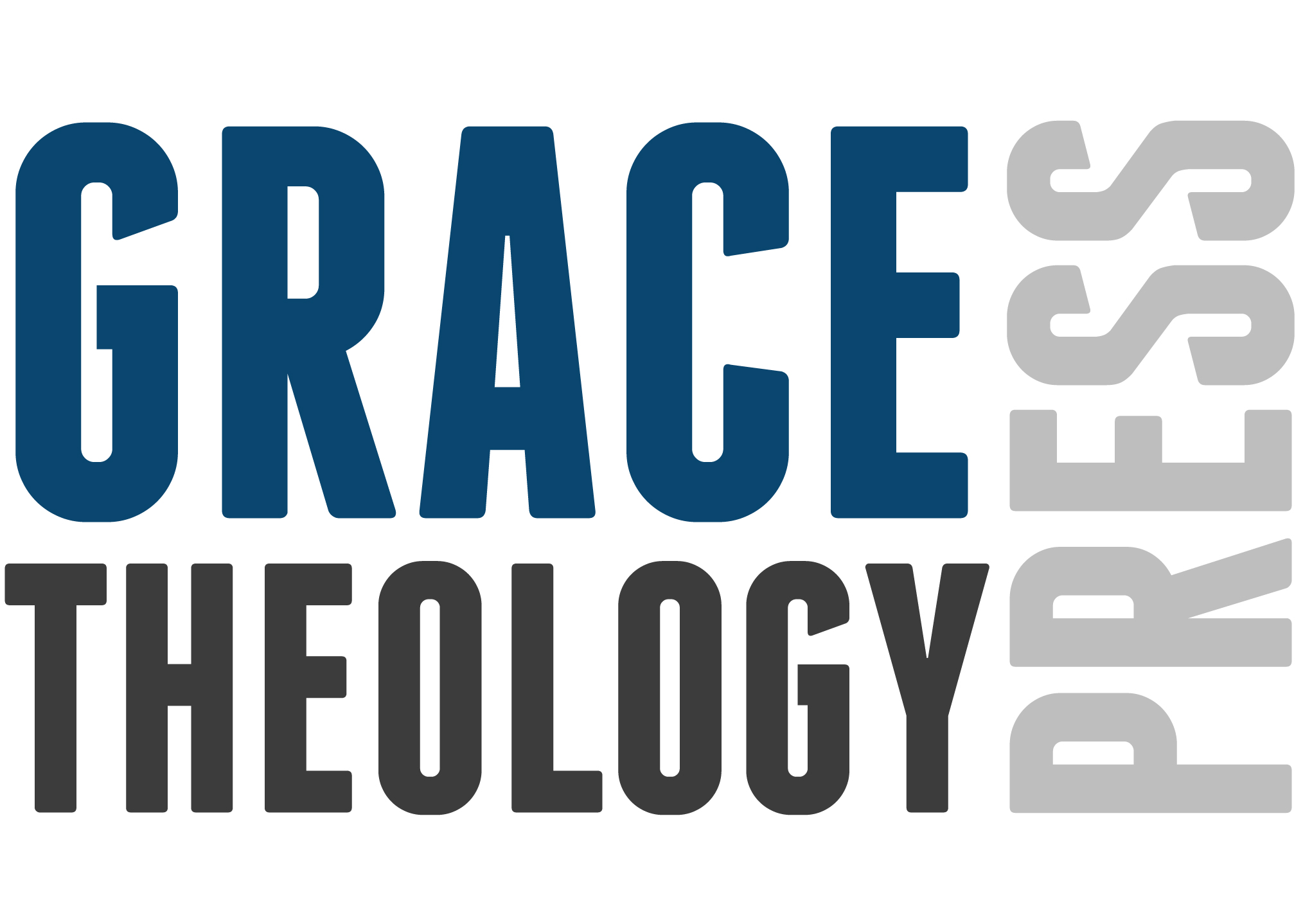If you live long enough you see things come full circle. This is often true in theology, concerning both orthodoxy and heterodoxy. In 1996 Zondervan produced “Four Views on Hell” with a team of contributors that did an excellent job. I used it as a seminary textbook in a class I taught on soteriology.
But times being what they are, 20 years can make a big difference in the theological landscape. We have lived through the sophisticated arguments of John Stott, the emotional plea of Clark Pinnock, and the hip presentation of Rob Bell concerning the love and wrath of God and the eternal state of man. But now 20 years later, a new book (a good book with new authors, albeit with the same title) has been produced to bring both classic and contemporary arguments for our consideration about the definition and duration of hell.
To set the hook, listen to one of the authors Robin Parry (PhD, University of Gloucestershire – UK) articulate some seminal components of one of the views from some other material he has produced on this topic.
“Historically all Christian universalists have had a doctrine of hell and that remains the case for most Christian universalists today, including Bell. The Christian debate does not concern whether hell will be a reality (all agree that it will) but, rather, what the nature of that reality will be. Will it be eternal conscious torment? Will it be annihilation? Or will it be a state from which people can be redeemed? Most universalists believe that hell is not simply retributive punishment but a painful yet corrective/educative state from which people will eventually exit (some, myself included, think it has a retributive dimension, while others do not).”
He adds:
“Christian universalists have a lot to say about God’s holiness, justice, and even his wrath. Typically they think that God’s divine nature cannot be divided up into conflicting parts in such a way that some of God’s actions are loving (e.g. saving sinners) while others are just and full of anger (e.g. hell). They see all of God’s actions as motivated by ‘holy love’. Everything God does is holy, completely just, and completely loving. So whatever hell is about it must be compatible not simply with divine justice but also with divine love. Which means that it must, in some way, have the good of those in hell as part of its rationale. Universalists feel that one potential danger in traditional theologies of hell is that while they make much ofGod’s justice and anger, they appear to be incompatible with his love and, as a result, they divide up the unity of God’s nature.”
We who champion a Free Grace theology must make sure we do our exegetical homework and theological articulation so as to clarify that the grace of God and the love of God do not eliminate the eternal consequences of sin for those who do not believe in Jesus for eternal life: a gift to use from the love of Christ, a love that cannot be earned and cannot be lost.
Serving Him with you until He comes for us,
Fred Chay, PhD
Managing Editor, Grace Theology Press














